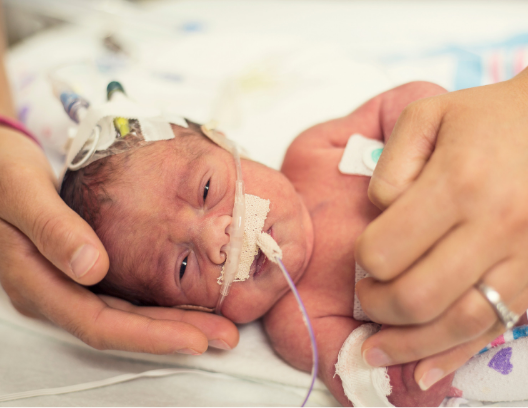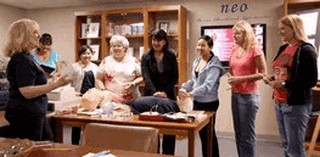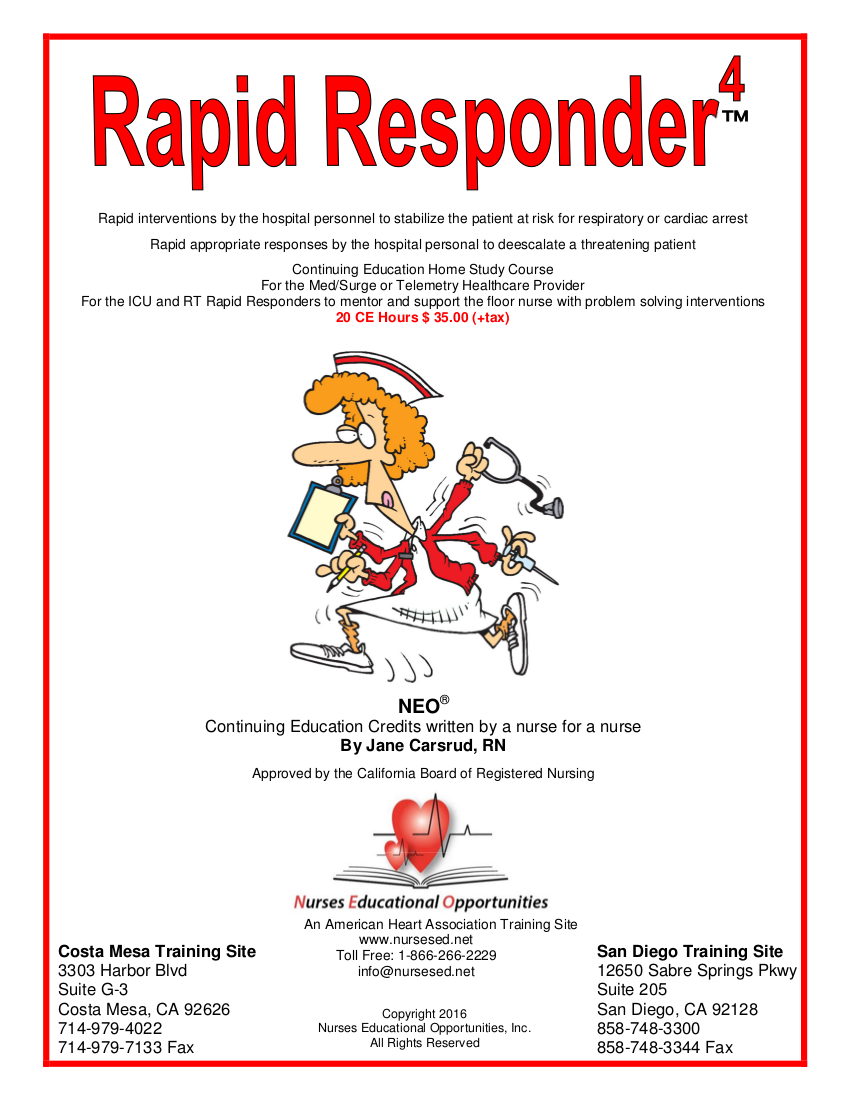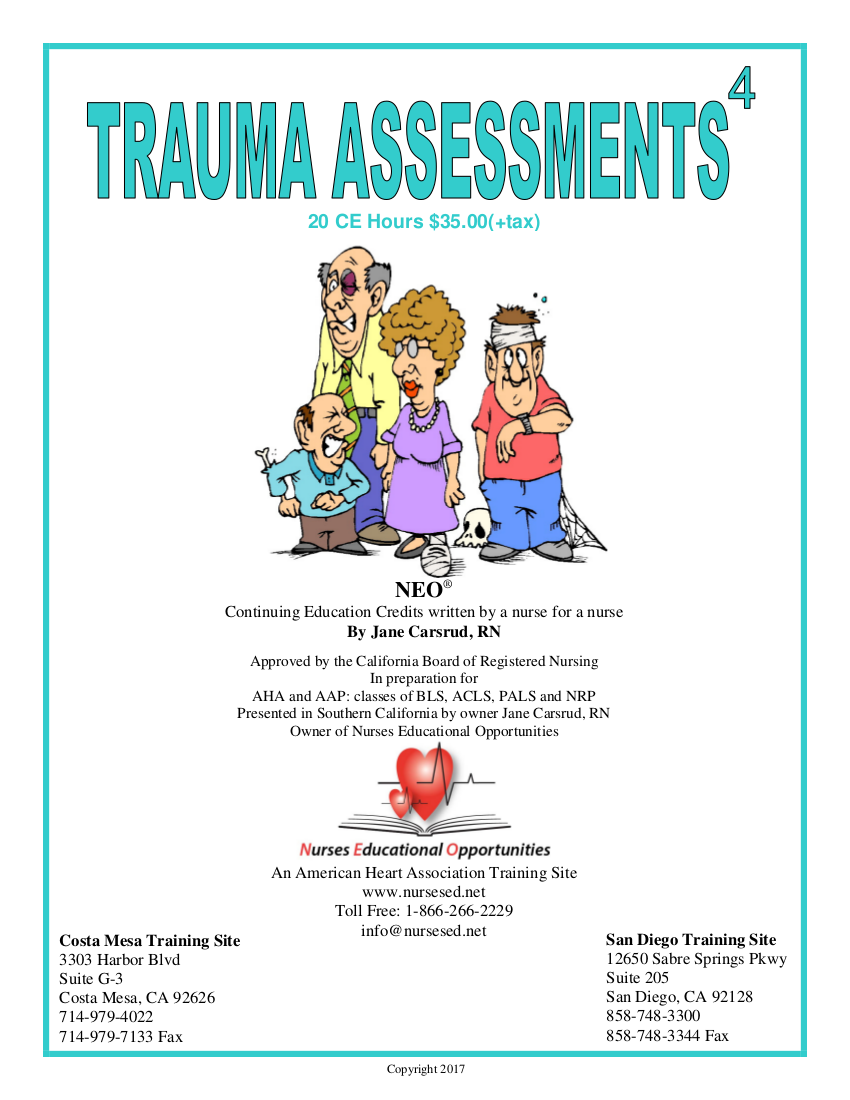
A NICU Nurse’s Story
It takes an extraordinary person to become a nurse. Even more so, it take a courageous individual to become a Neonatal Intensive Care nurse.
Of my 50+ years of nursing in a variety of clinical settings I treasure my NICU experience the most. I remember “swaddling” and holding solitary infants each Christmas Eve. Embracing a tiny infant always made me feel complete. Any angst I may have felt throughout the day dissipated the moment I witnessed a baby continue to fight for their life in my arms. Moreover, I recall explaining all the IV lines and monitoring devices to the infant’s father who appeared shaken at the site of his newborn lying defenseless on the radiant warmer. Attentiveness, detail and compassion always played a key role in my ability to calm worried parents.
Above all, I will never forget the never-ending noise and the bright lights of the unit. It seemed strange to me that a sick infant had to endure the sounds of the NICU. I encourage all Neonatal Intensive Care nurses to read a wonderful book entitled Baby ER. The author describes the NICU environment like a novelist rather than a physician. He describes the NICU with vivid images like; “the room was in perpetual motion like an aquarium with fish swimming in all directions;” and “the noise was like the thundering cacophony of an orchestra tuning up.” I can relate to these metaphors.
While in the NICU, I imagined what it may have been like in utero – dark, quiet, comfortable, and without hunger.
I pictured the infant traveling down the compacted birth canal only to arrive to a unknown location then “roughed-up” by a multitude of nurses. I wondered how a premature infant felt surrounded by the bright lights and terrifying noise of the gray and cold NICU room.

The greater the degree of immaturity the more injurious the physical environment will be for the premature infant.
Preterm infants are unable to shut out stimulation for rest. Therefore, over-excessive handling, noise, and equipment may further cause physiological stress on the neonate. Moreover, a term baby can self-regulate to an obstreperous environment with thumb sucking and boundary seeking. Our ability to self-regulate begins in the womb and continues throughout the first days of life and into adulthood. Regulation begins with basic needs such as warmth and the proper orchestration of physiology and behavior to conform to the day-night rhythm of human existence. Therefore, a premature infant is incapable of self-regulating due to their impacted physiology.
In addition, due to their fragile state, healthcare providers unintentionally deprive NICU infants of physical contact. Research has demonstrated that premature infants can sense when they are not comforted by a Mommy or Daddy. For these reasons and more, many hospitals have implemented Kangaroo Care within their NICU’s. Accordingly, survival rates for very premature infants (less than 27 weeks) are increasing simply with the addition of touch.
Furthermore, the healthy newborn has a need and reflex to suck – not because he/she is hungry, but to calm himself/herself. Yet for NICU infant there is nothing to suck. Also, infants prefer to be wrapped up tightly, like they were in-utero; instead the NICU baby must lie flat on a hard surface with limited movement. Last but not least, infants desperately yearn to be comforted by Mom, but for a NICU infant his or her mother can only stand by the radiant warmer helpless to comfort her infant.
Imagining and understanding what a NICU infant’s life was like in the moment helped me as a nurse to thrive within the Neonatal Intensive Care Unit environment.
It is essential that nurses wishing to begin a career in the Neonatal Intensive Care Unit be aware of the abstract needs of a sick and premature infant. Nursing is more than being adept with physiological interventions. A good nurse is one that deeply understands his or her patients; and one who goes above and beyond to meet their needs on a physical, emotional and spiritual level. On a final note, I encourage all nurses, with or without experience, to pursue more knowledge of the field you wish to pursue. Education empowers me and I have no doubt that higher learning will empower you too.
Good luck in your NICU experience. It will be rewarding and challenging.


